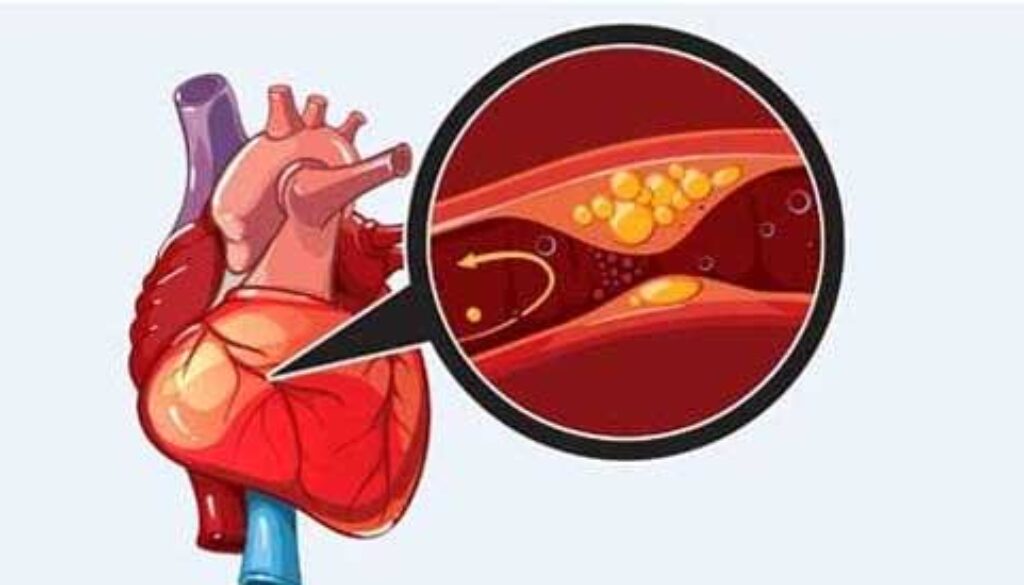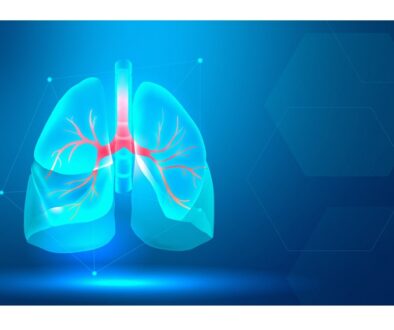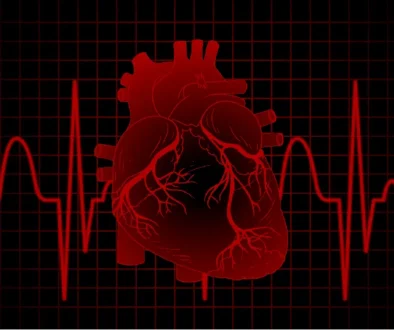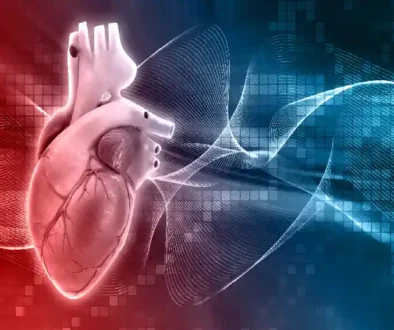CT Coronary Angiography (Angiogram) | Dr Sarat Chandra
CT Coronary Angiogram in Hyderabad or Angiogram Test: In Hyderabad, if you are not aware of why this test is done or if you are looking for the best doctor and a comfortable angiogram test in Hyderabad, then this information is indispensable to you. Those who are not aware should also read this information to get awareness about why this test is done.
To be more precise – a coronary angiogram is a part of a general group of procedures – named cardiac catheterizations. CT coronary angiogram is different though…
Before going into details of this test, let us understand Coronary Artery Disease.
Coronary Artery Disease (CAD)
This is a major reason why many people need to undergo CT coronary angiogram. CAD is the most common heart issue in both men and women irrespective of their age. Nowadays, many youngsters are developing CAD problems.
Coronary arteries supply blood to the heart. They work efficiently as long as they are healthy; but, when they get blocked or clogged due to narrowing of their lumen, blood flow is restricted to heart muscles.
Blood flow to the heart stops due to damage, injury, or disease or when plaque build-up in coronary arteries. This condition is known as coronary artery disease.
If a blood clot forms and blocks blood flow through a coronary artery, a HEART ATTACK may occur.
CT (Computerized tomography) Coronary Angiogram
A CT coronary angiogram is different from a standard coronary angiogram. It is a non-invasive procedure and doesn’t require recovery time. It uses X-rays to produce images of the blood vessels (coronary arteries) and the heart. CT angiogram helps in the diagnosis of a wide range of heart diseases.
It is done to determine (diagnose) the cause of chest pain (angina).
Coronary angiography (Angiogram)
Coronary angiography is an imaging test. It uses X-rays to obtain images of blood vessels in the heart. Angiography is used to study, blocked, narrowed, malformed, or enlarged blood vessels (arteries or veins). Angiograms are X-ray images of blood vessels. A typical angiogram helps a cardiologist to figure out the extent and severity of heart disease.
How it is Done?
Angiography uses a thin flexible catheter (tube). This tube is threaded through the artery of your arm or groin area to the heart. This is the most recommended procedure. If your cardiologist suspects coronary artery disease based on your symptoms and other test results, he or she will perform this test.
An angiography test is also used to study diseased blood vessels in different parts of the body including the abdomen, brain, heart, and legs.
Angiography Test – Why Is It Done?
Angiography is usually not performed until an ECG, echocardiogram, and TMT results have been evaluated by the cardiologist.CT Coronary Angiogram in Hyderabad
Sometimes, an angiogram can be performed as an emergency procedure. Your cardiologist can do coronary angioplasty and stenting while performing an angiogram to avoid needing another procedure.
Your interventional cardiologist may recommend a coronary angiogram test if you have:
Coronary artery disease symptoms, such as chest pain (angina)
Unstable angina – augmenting or new chest pain
Unexplained pain in your left arm, neck, jaw, and chest
Heart abnormality (Heart defect) or congenital heart disease
Abnormal TMT results (heart stress test results)
Chest injury or problems in other blood vessels
Problems with your heart valve may require interventions or surgery
A CT coronary angiogram in Hyderabad helps interventional cardiologists to find out what’s wrong with the blood vessels. It can help:
- Detect blockages in the coronary arteries and the number of blocked arteries.
Detect the arteries narrowed by fatty plaques (atherosclerosis).
Pinpoint the location of blockages in the arteries.
Check the blood flow through your heart and blood vessels.
The above information helps your cardiologist in determining and selecting an appropriate treatment for your condition. A coronary angiogram helps your cardiologist in evaluating the danger the blocked arteries can pose to your heart and overall health. Once your interventional cardiologist finds out the cause, he or she will provide the best treatment.
For instance, your cardiologist may recommend coronary angioplasty and stenting to clear blocked arteries.
You will benefit from this procedure as your symptoms go away.
Dr. Sarat Chandra
Senior Consultant Interventional Cardiologist
CT Angiography Test near me | Coronary angiography test in Hyderabad




